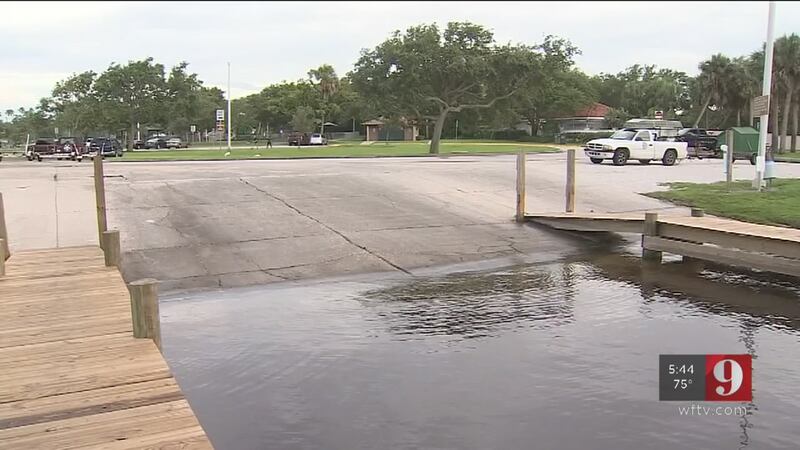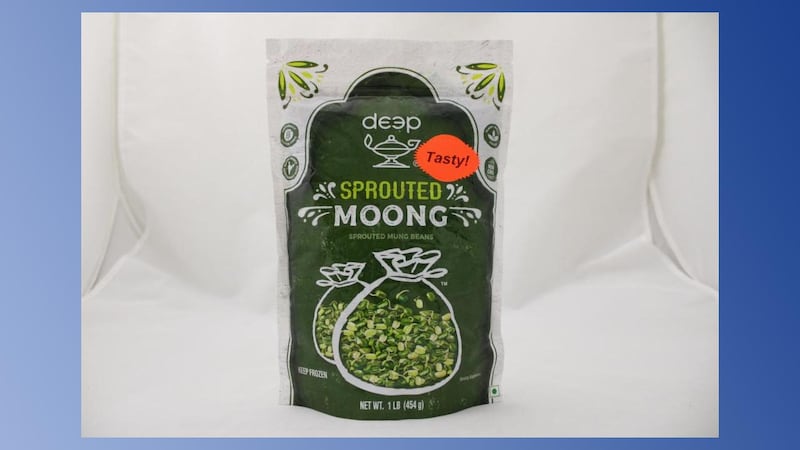MELBOURNE, Fla. — As temperatures rise, so does the risk of infections caused by Vibrio vulnificus, a bacteria found in warm, brackish water.
Although infections are rare, they can be life-threatening.
"I've worked hard to get back to, quote-unquote, normalcy," said Tom Lewis, who had spent much of his life on the Indian River Lagoon.
A visit to Melbourne's Ballard Park in December 2015 changed that.
"I was 10 feet from the water, but just shaking the cast net, taking the bait into a bucket," Lewis said. "A little bit of water got on my leg and ran down. I had a little scratch on the bottom of my ankle, and a few drops of that water went in there."
Those few drops led to a life-threatening infection caused by a bacteria found in warm, brackish water, such as that found in the lagoon and other waterways.
Vibrio is sometimes mistakenly referred to as a flesh-eating bacteria. Health experts said Vibrio doesn't break down healthy skin on contact, but in severe cases, it can cause skin lesions and blood infections.
Lewis was hospitalized for 36 days and underwent more than a dozen surgeries on his leg.
"It's the old saying, it's rare unless it happens to you," Lewis said.
The Florida Department of Health said Vibrio vulnificus infected 346 people between 2008 and 2017, 99 of whom died.
FDOH said Vibrio doesn't pose a risk to healthy people who don't have open wounds or cuts. Those with open wounds or a weakened immune system are at an increased risk.
State. Rep. Thad Altman, who has known Lewis for years, has tried to secure more funding to study the bacteria.
"For some reason, Vibrio is under the radar, and no one's bringing it to light, and we've got to do that," Altman said. "This is a serious public health problem that we have."
Duane De Freese, of the Indian River Lagoon Council, said the bacteria is often associated with consuming raw or undercooked seafood and infections in which someone gets cut in the water or exposes a wound to the water.
Most Vibrio species don't cause illness, De Freese said.
Infections can be prevented by wearing water shoes to prevent cuts. People who are injured are advised to clean the area well and to seek medical attention if signs of infection -- such as heat, swelling or pain -- are experienced.
"If I put a picture of my leg near that dock no one would get in that water, they just wouldn't," Lewis said.
The state said it has received five reports of Vibrio infections so far this year.
Cox Media Group







